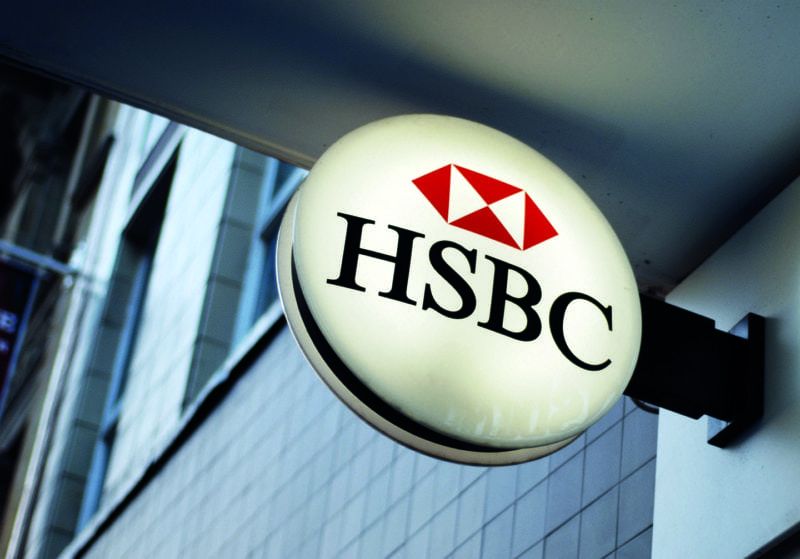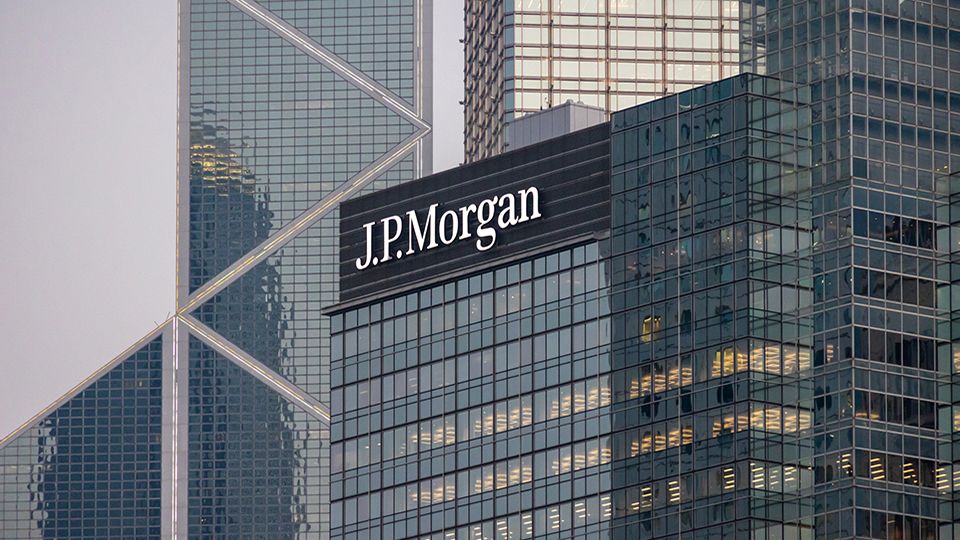HSBC has announced it aims to reduce emissions from oil and gas loans by 34% by 2030 as part of interim targets to be net zero by 2050.
The bank also targeted a 75% reduction in the emissions intensity of its funding for power and utilities by 2030.
They are the first interim targets HSBC has published towards its net-zero goal. The company said it is starting with two of the most emission-intensive sectors. According to the bank, the baseline for its oil and gas emissions reduction in line with 2019 levels when it amounted to 35.8m tonnes of carbon dioxide equivalent.
However, it has decided to not set reduction targets for coal mining, aluminium, cement, iron and steel and transport until the publishing of its annual report next year, where it will also state how the bank plans to embed net-zero targets into its strategy, processes, policies and governance.
Transition plan
Using emissions intensity targets for power and utilities, the bank stated, was justified because it “reflects the need to reduce global greenhouse gas emissions from power generation, while also meeting growing electricity demand.”
HSBC group chief sustainability officer, Dr Celine Herweijer, said: “The science is clear that global emissions must significantly reduce this decade to limit global warming to 1.5 degrees. Our interim targets for these high emissions sectors will be embedded into business decision-making.
“The targets are science-based and highlight to our customers the level of decarbonisation we need to see across our portfolio by 2030. Active dialogue around a company’s transition plan will now be at the centre of our engagement with customers. We want to support those who take an active role in the energy transition; this is where we can have the greatest impact in making net zero a reality.”
Loopholes
However, pressure group Market Forces has criticised the bank’s climate goals for allowing it to finance new and expanded oil and gas projects and their owners. Market Forces pointed out the International Energy Agency (IEA) has said getting to net zero by 2050 means no new coal mines, plants or oil and gas fields can be permitted as of 2021.
Market Forces also highlighted the fact HSBC’s climate policy does not apply to underwriting bonds and only applies to “on-balance sheet” emissions, meaning there is scope to use accounting techniques and the sale of debt on secondary markets to “fudge” its emissions targets.
The group also questioned postponing an interim target for the coal sector until next year and the bank’s decision to target only upstream companies and not midstream and downstream companies, such as refineries.
Adam McGibbon, UK campaign lead at Market Forces, said: “HSBC knows what needs to be done, but can’t bring themselves to break their dirty habit. If the bank truly believes in its own net zero by 2050 target, then it must follow the IEA’s pathway and immediately end its financing for the expansion of the fossil fuel industry.”
Recent research by ShareAction showed 25 of the largest European banks provided more than $400bn to companies with oil and gas expansion plans since 2016, including Exxon Mobil, Saudi Aramco, Shell and BP. It said HSBC topped the table with $59bn – $8.6bn of funding 2021 alone – followed by Barclays ($48bn) and BNP Paribas ($46bn).









